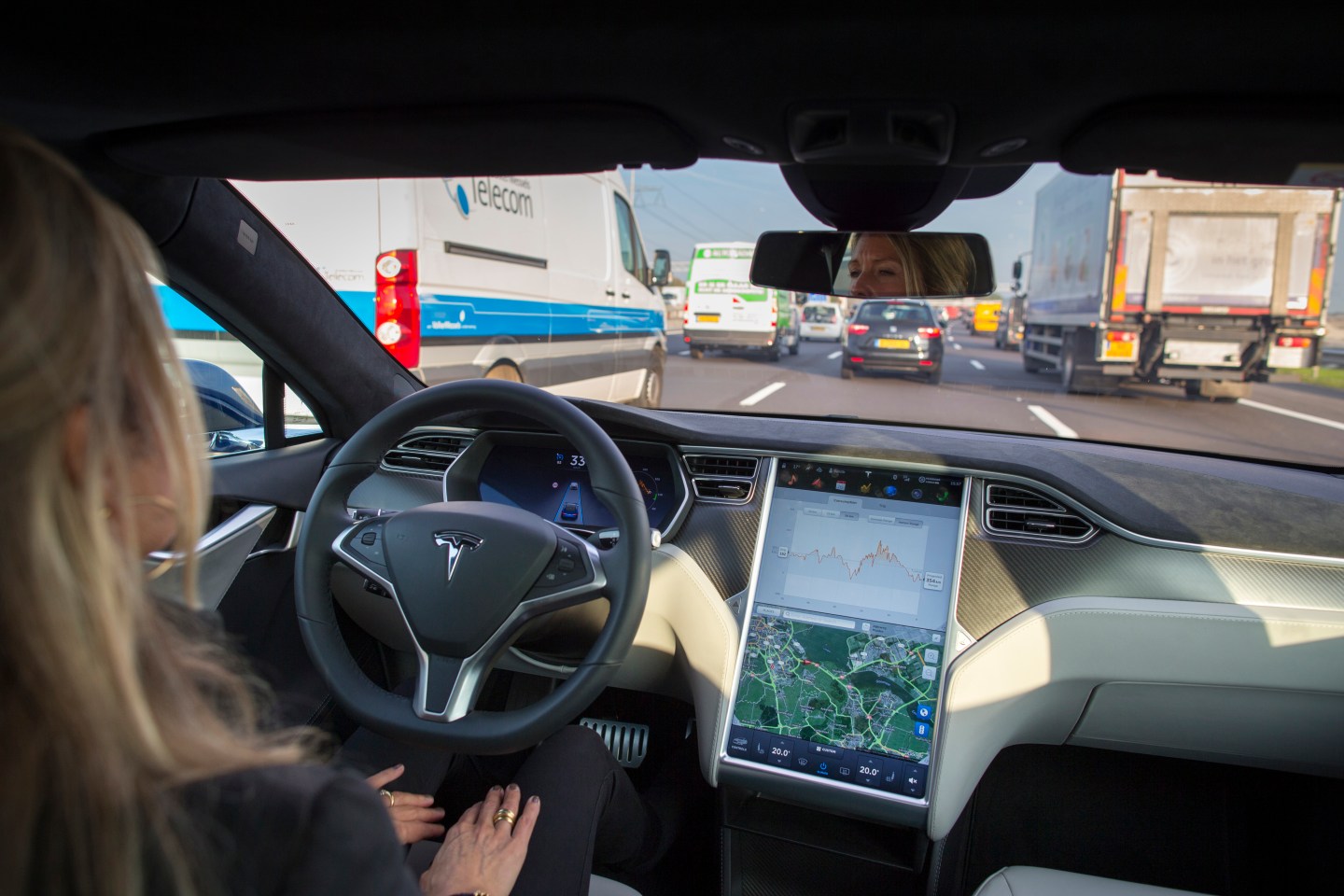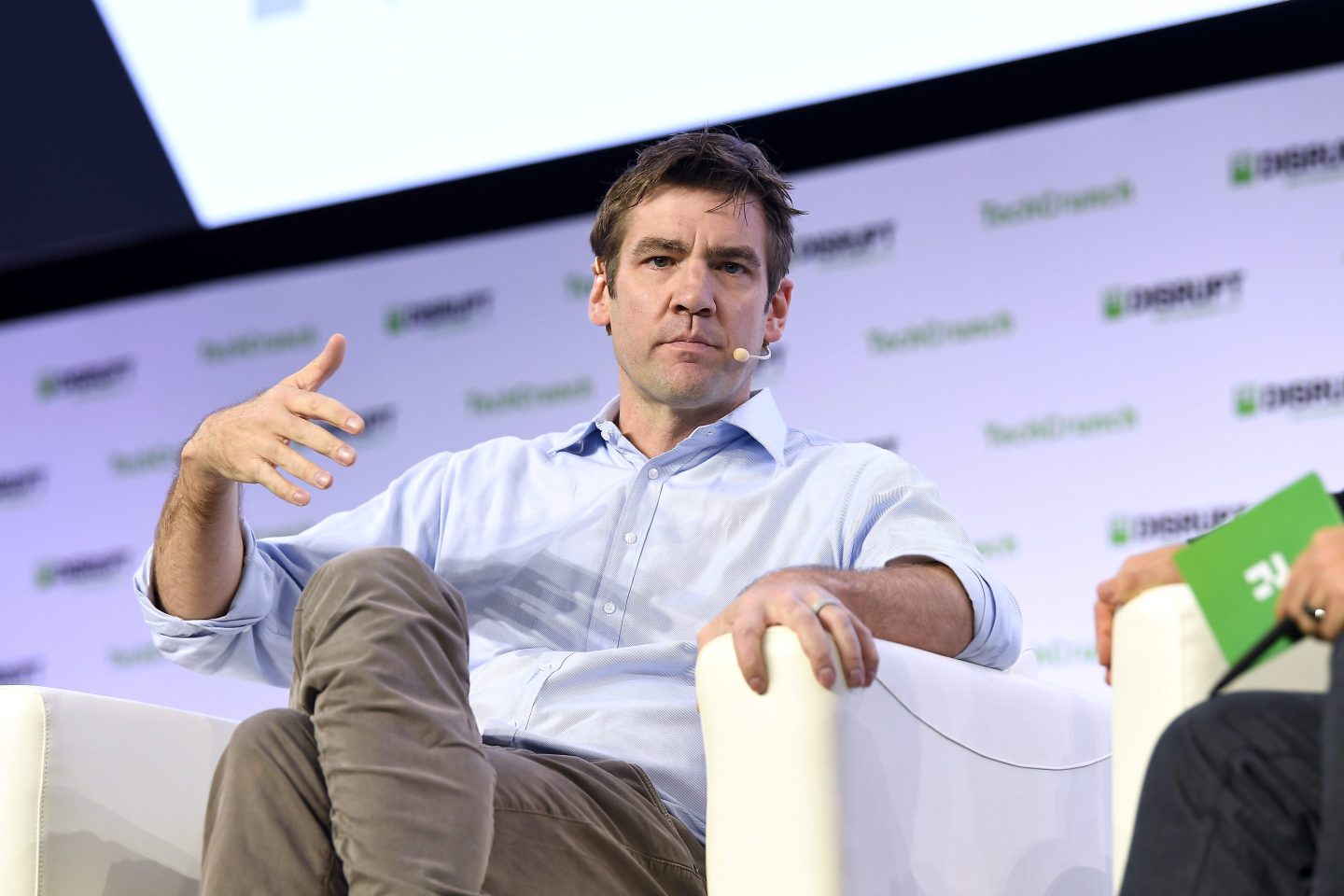Tesla just can’t catch a break.
Some 126 Norwegian Tesla owners are suing the electric carmaker for falsely advertising the “Insane Mode” on its Model S P85D sedan, according to Bloomberg. As Fortune previously reported, this feature lets the car accelerate from 0 to 60 miles per hour in 3.5 seconds.
The plaintiffs claim that the model only goes up to 469 horsepower and not the 700 hp that was promised, according to Bloomberg. While Tesla no longer sells the model in Norway, its successor, the P90D, sells at $96,700.
“The consumers seek compensation for the lack of performance,” Kaspar Thommessen, the lawyer from Wikborg, Rein and Co. representing the plaintiffs, told Fortune in an email. A hearing in Oslo City Court is scheduled for this December, Thommessen added.
Tesla has disputed the claims from its Norwegian customers.
“Testing done by Tesla and independent third parties has demonstrated that the Model S P85D’s acceleration and motor power numbers have always been accurate, even understated,” a Tesla spokesperson said in an email to Fortune. “Similarly, the motor power numbers used by Tesla were legally required and confirmed as accurate by European regulatory authorities.”
This is just one of the lawsuits the carmaker, helmed by businessman Elon Musk, is facing regarding false marketing and advertising. Gao Jubin filed a lawsuit in China, claiming the company exaggerated its autopilot feature’s capabilities, leading to his son’s death, according to the Wall Street Journal.
It’s still unclear whether the autopilot feature was engaged when his son fatally crashed in January, but the Gao family plans to seek a third-party investigation into the events.
Several consumer have spoken out against Tesla’s characterization of its autopilot feature, which led some to believe the car was entirely in control. Another 33-year-old Chinese driver, Luo Zhen, crashed his Tesla in Beijing while in autopilot mode back in August. Luo also blamed Tesla for promoting the system as “self-driving.”
Following Luo’s crash, Tesla removed the term for “self-driving” from its Chinese websites.













